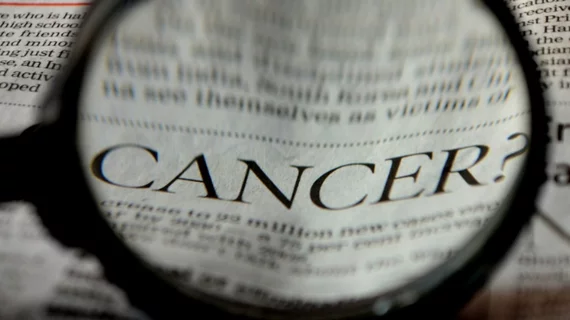U.S. cancer deaths down 27% over past 25 years
Overall cancer deaths in the United States have steadily declined by 27 percent over the past quarter century, according to a new review from the American Cancer Society (ACS).
The drop resulted in approximately 2.6 fewer cancer deaths during that time period. According to the report, the drop is largely due to anti-smoking efforts and advances in early detection and treatment.
Cancer deaths had been rising for a majority of the 20th century, but since its peak of 215 deaths in 1991, that rate has declined by 1.5 percent each year through 2016. More than 1.7 million new cancer cases and more than 606,000 deaths are forecasted for 2019.
From 1990 to 2016, the lung cancer death rate dropped by 48 percent in men; And in women with the disease, that rate dropped by 23 percent from 2002 to 2016.
The authors noted that the racial gap in cancer deaths is closing, but socioeconomic gaps are widening with people in the poorest counties experience the highest burden of preventable cancers. They found cervical cancer’s mortality rate is twice that in women living in poorer counties compared to wealthier areas, and lung and liver cancer deaths are 40 percent higher in men in poor counties.
“These [poor] counties are low-hanging fruit for locally focused cancer control efforts, including increased access to basic health care and interventions for smoking cessation, healthy living, and cancer screening programs,” wrote the authors. “A broader application of existing cancer control knowledge with an emphasis on disadvantaged groups would undoubtedly accelerate progress against cancer.”
The full report dives into more cancer statistics and trends and can be found in CA: Cancer Journal for Clinicians.

